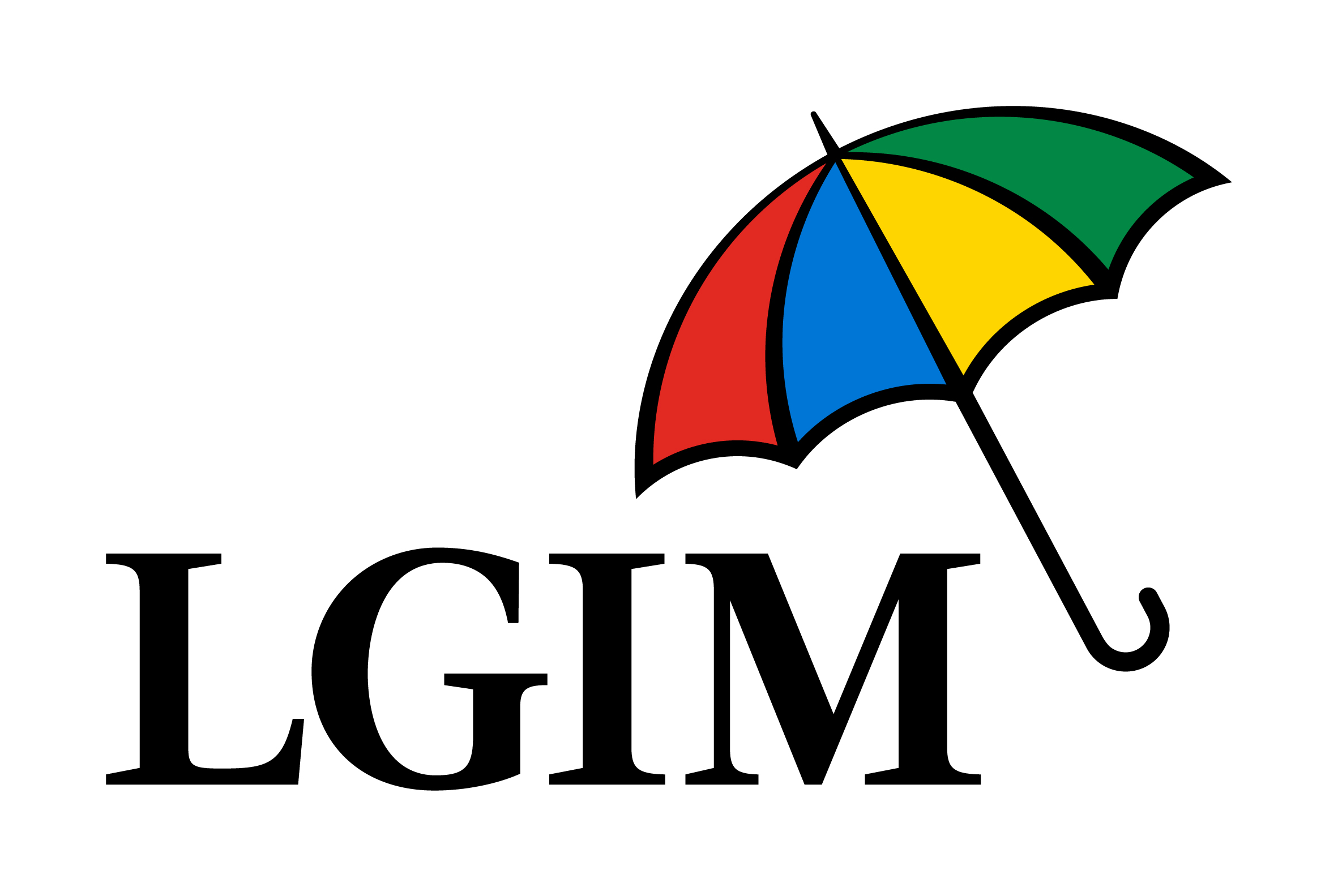The German retail market is currently one of the biggest talking points in Europe, with ETF issuers keen to get a slice of the ETF saving plan pie driving its anticipated growth.
Asset managers have so far approached the market in a variety of ways, chiefly through distribution partnerships with online brokers – such as BlackRock’s tie-up with Bux – or through bolstering their sales presence in the region.
However, by teaming up to launch an ETF with well-known German financial guru Gerd Kommer, Legal & General Investment Management (LGIM) has opted for a slightly different route, looking to leverage the reach of Kommer, who amasses circa three million YouTube views annually.
The partnership came to fruition with the launch of the L&G Gerd Kommer Multifactor Equity UCITS ETF (GERD) which listed on the Deutsche Boerse in June with a total expense ratio of 0.50%.
Tracking the Solactive Gerd Kommer Multifactor Equity index, designed by LGIM and Gerd Kommer, the ETF offers exposure to over 5,000 across developed and emerging markets and across the market cap spectrum, a somewhat sophisticated play for the average German retail investor.
Since launch, GERD has amassed €60m assets under management (AUM), “in line with expectations”, according to LGIM, with assets coming from both German retail investors via ETF savings plans and high-net-worth individuals.
Who is Gerd Kommer?
Having spent nearly 25 years in corporate banking, Kommer started writing books on passive investing in the early 2000s with an interest in the “scientific principles of diversification” and “efficient market hypothesis”.
However, it was not until the Global Financial Crisis in 2008 that investors started to become interested in his texts, as he started to note an uptick in attention toward passive investing.
Fast forward to 2016, Kommer decided to leave his role in corporate banking to turn his hobby into a business, providing financial advice to German clients on a passive-only basis via the Munich-based firm, Gerd Kommer Invest.
“We went about things differently to normal asset managers,” Kommer told ETF Stream. “I say asset manager but we are a high-net-worth individual asset manager, financial adviser and money manager.”
By this point, Kommer’s books were selling at a rate of roughly 60,000 a year while his YouTube investing channel had started to gain notoriety.
“Traditional money managers based in Munich would win clients through recommendations from their existing client base,” he added. “That is not the case with us. We win business through publicity from the books we sell and our YouTube channel.”
Since it launched the business has gone on to amass almost €900m AUM, made up of roughly €750m from its high-net-worth business – requiring a minimum investment of €1m – and over €100m through a joint venture with online broker Scalable Capital.
The LGIM ETF partnership
The duo first floated the idea of working together over 18 months ago after Kommer’s longstanding ambitions to launch a wrapped-product led to numerous dead ends.
“We had toyed with the idea of setting up an ETF but it came to nothing,” Kommer said. “We did not have a track record or a big enough brand name.
“We talked to the biggest players in the industry and looked at white-label solutions but the terms they were offering were not interesting to us.”
Attracted to LGIM’s interest in creating products beyond the “plain vanilla”, it was the UK giant that spotted a unique opportunity to expand its proposition in the German market.
Aanand Venkatramanan, head of ETFs for EMEA at LGIM, said: “We look for collaboration opportunities where we can create a unique and differentiated product that is not available in the market.
“Gerd Kommer Invest ticked all those boxes for us in terms of the investment philosophy and aligned with our overall thinking in terms of factors and global portfolios.”
He added while there were obvious benefits in looking to capture the German retail market, GERD is also hoping to become part of professional investors' core allocations, targeting the largest portion of Gerd Kommer Invest’s client base.
“The flows from retail investors into the space are hard to ignore, particularly if you want to be the biggest player in the European ETF market,” Venkatramanan said. “But we do not market our ETFs directly to end retail clients.”
Why GERD?
Aside from the alignment of the two investment philosophies, LGIM and Gerd Kommer Invest also spotted a gap in the market for differentiated core allocation for global equities beyond the usual market cap-weighted strategies.
“We had to pick the factor metrics that worked well in developed markets and emerging markets, for small caps as well as large caps,” Venkatramanan said.
Designed by the duo in collaboration with Solactive, the index will select the initial 5,000 stocks through a country-defined weighting methodology – according to average GDP – followed by a market cap weighting.
Companies among the 3% highest carbon intensity per economy are excluded as well as those with severe ESG controversies or direct involvement in weapons.
The final weighting of the stocks is determined by factor calculation, using value, investment and size factors, which are then optimised to “improve the factor uplift”.
The ETF's top holdings currently reads like a who’s who of US-tech stocks, comprising Microsoft (1.1%), Apple (1.1%), Meta (1.1%), Exxon Mobile (0.9%) and Nvidia (0.7%).
“We also had to minimise transaction cost – which can be enormous when rebalancing – as well as the performance consistency, the overall investment strategy and the credibility aspects of the spreads,” Venkatramanan said.
Kommer added: “There are two or three similar stories in Germany. One done by an academic, a much more basic product that came out in 2008. It has been very successful on the back of the savings plans and steadily the assets went to more than €1bn.”




